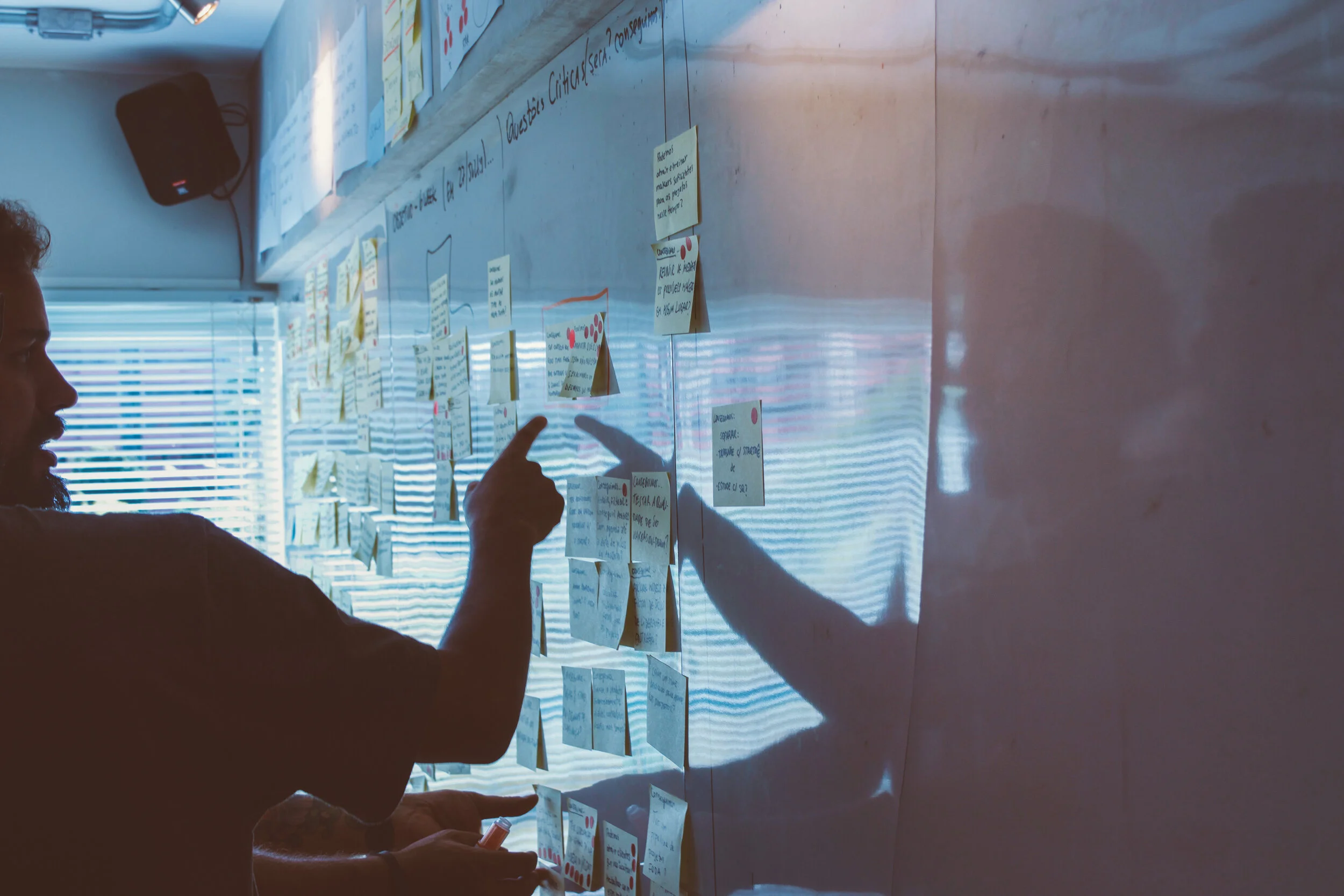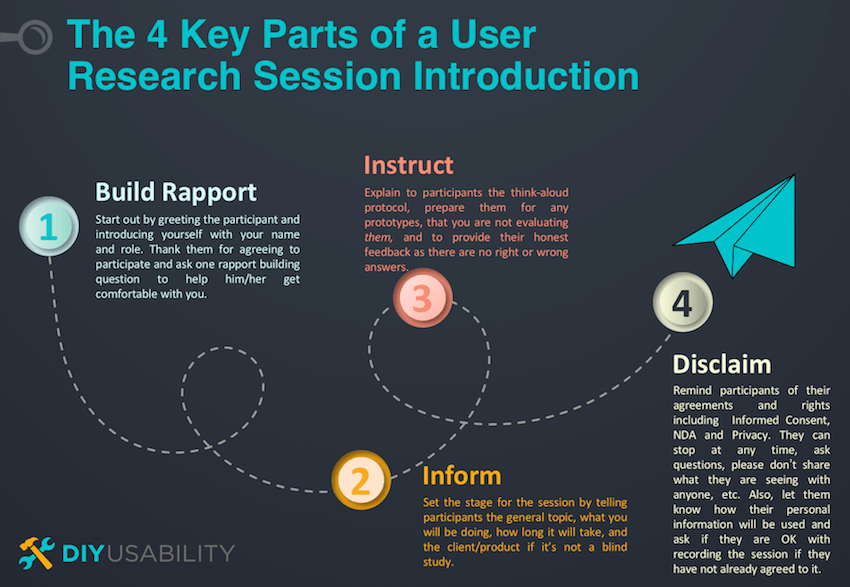There are some soft skills no one teaches in school or bootcamps that are just as important when doing user research as UX-specific skills.
Here are 3 of the most important ones:
1. How to really hear someone
Have you ever had a conversation with someone who simply never asks a question and only talks about themselves or what interests them? Pause and think about the last couple of conversations you’ve had. If you didn’t ask questions, consider that you may not be good at user research (yet).
Great user researchers are naturally inquisitive about other people. They want to know about their lives and what makes them tick. Good user researchers work at learning this trait even if it doesn’t come naturally. I worry when I meet someone who talks a lot about his or herself and wants to do user research because I know it will be more of a challenge for them to get good results.
When a participant is talking, you must really pay attention to what he or she is saying, tone, facial expressions, etc. and not think about how it relates to you or something that happened to you or think about what you want to say next. Recording all your sessions is an excellent idea in case you do get distracted and miss something.
2. Stellar time management
While a day of user research can seem very long, each session with a user actually goes by very quickly, especially when you're trying to squeeze a lot in. Time management down to the minute is essential. This can be one of the trickiest things to master. It’s especially hard when you have more loquacious participants, when things can easily go off-topic, or when you are trying to fit too much into a session.
What I do is break down each part of my session into time limits (5 minutes for the introduction, 15 minutes for interview questions, 15 minutes for tasks, etc.) It keeps things on track and prevents running out of time. I also make sure to run a pilot session with every single study so I know the timing is reasonable. Finally, I advise everyone to get comfortable gently interrupting participants if you need to redirect or move on, this is essential!
3. Multi-tasking
OK OK, I know this can contradict #1. How can you be listening to someone and doing something else at the same time? When I’m running a user research session I am actually doing a bunch of things at the same time: following my interview guide, listening to the user, managing time, taking notes, and thinking about the research goals to I make sure I get what I need out of each session. Sometimes I am also communicating with stakeholders or other researchers! It’s just something that takes some practice to learn but totally doable.
There are things you can do to make this easier. Have someone else take notes or listening to the recording later and taking them. By not squeezing too much into a session you can make time management easier. I also have the research goals right at the top of my interview guide so I can review them as I go along. Finally, I do tell stakeholders to wait until the last 5-15 minutes to send me any questions and not to instant message me during a session unless it’s super important.
There you have it.. 3 skills you may not learn in your classes or bootcamps but are super important to user research.





